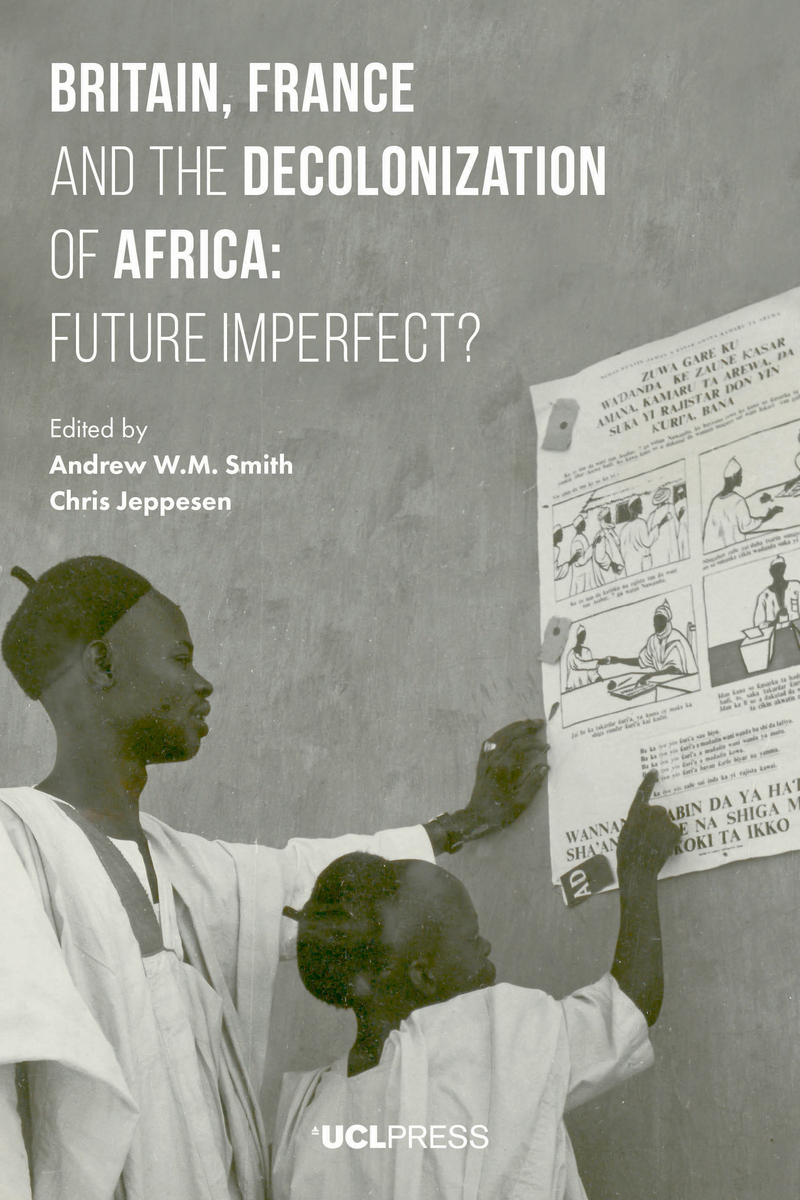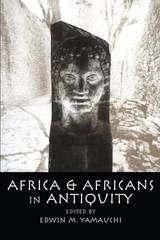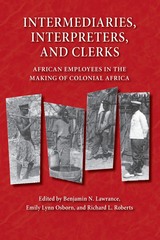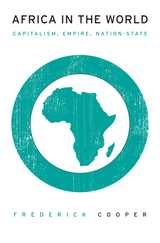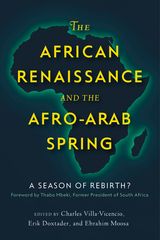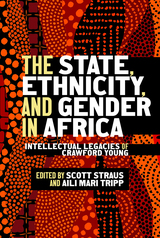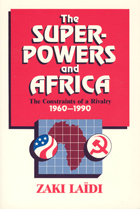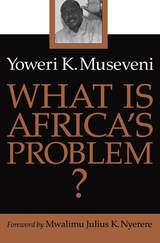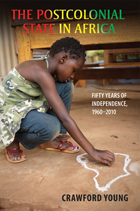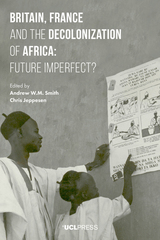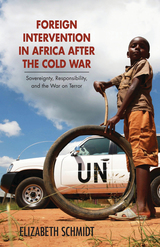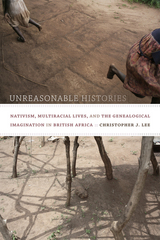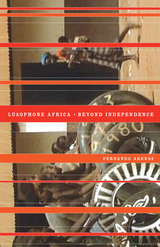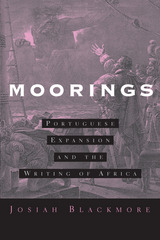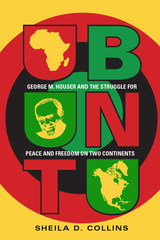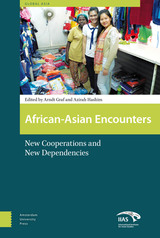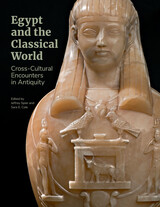Britain, France and the Decolonization of Africa: Future Imperfect?
University College London, 2017
Paper: 978-1-911307-74-7 | Cloth: 978-1-911307-75-4
Library of Congress Classification DT31.B775 2017
Dewey Decimal Classification 960.32
Paper: 978-1-911307-74-7 | Cloth: 978-1-911307-75-4
Library of Congress Classification DT31.B775 2017
Dewey Decimal Classification 960.32
ABOUT THIS BOOK | REVIEWS | TOC
ABOUT THIS BOOK
Looking at decolonization in the conditional tense, this volume teases out the complex and uncertain ends of British and French empire in Africa during the period of ‘late colonial shift’ after 1945. Rather than view decolonization as an inevitable process, the contributors together explore the crucial historical moments in which change was negotiated, compromises were made, and debates were staged. Three core themes guide the analysis: development, contingency and entanglement. The chapters consider the ways in which decolonization was governed and moderated by concerns about development and profit. A complementary focus on contingency allows deeper consideration of how colonial powers planned for ‘colonial futures’, and how divergent voices greeted the end of empire. Thinking about entanglements likewise stresses both the connections that existed between the British and French empires in Africa, and those that endured beyond the formal transfer of power.
See other books on: 1945-1964 | Britain | Colonies | Colonization | Decolonization
See other titles from University College London
